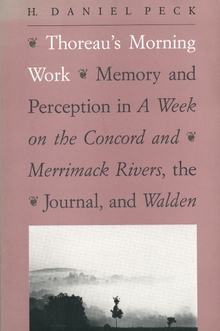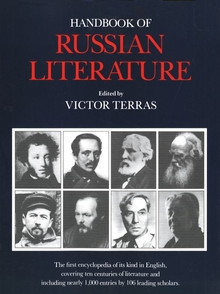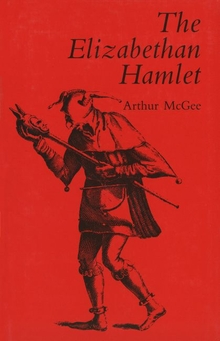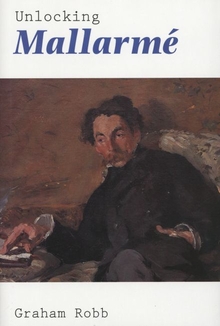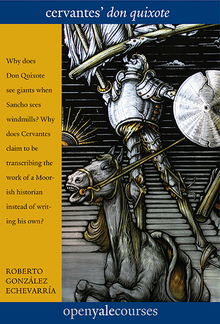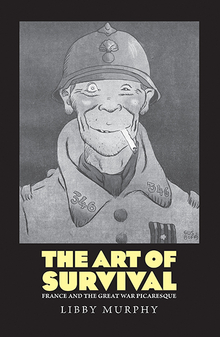Thoreau's Morning Work
WARNING
You are viewing an older version of the Yalebooks website. Please visit out new website with more updated information and a better user experience: https://www.yalebooks.com
Memory and Perception in A Week on the Concord and Merrimack Rivers, the "Journal", and Walden
H. Daniel Peck
"This book makes a major contribution to American literary criticism and Thoreau studies. Peck’s readings are sensitive and original, and he demonstrates brilliantly the intellectual integrity of Thoreau’s thought and writing. Peck’s graceful and lucid style and the attractive, pertinent illustrations make this book a real treasure."—Emory Elliott, Presidential Chair of English, University of California, Riverside
"By following closely their interwoven order of composition, Peck constructs from A Week, the Journal, and Walden a speaking subject called Thoreau, whose intellectual action bridges the gaps within and among these ’completed fragments,’ unifying them processually rather than formally. The Thoreau thus constructed assumes his rightful station among those writers, from Wordsworth to Gertrude Stein, who took it upon themselves to reorder human consciousness in a modern world without beginnings or endings."—William Spengemann, Professor of English, Dartmouth College
"This is a fine contextual study that reassesses the importance of Thoreau’s Journal and reveals much about his meticulous yet fluid mind. The carefully threaded argument here also reveals similar qualities as the author moves effortlessly from psychology to art history to philosophy, while always maintaining a close connection with Thoreau’s language. . . . The clear prose should make this suitable for most. Highly recommended."—Choice
"This concise but penetrating study of Thoreau’s writing career marks an auspicious beginning, one hopes, for the appreciation and evaluation of Concord’s cantankerous genius in the 1990s."—Joel Porte, New England Quarterly
"The highest praise for this important volume is that it belongs on the Thoreau shelf beside Sherman Paul’s Shores of America, both being careful studies of ’inward exploration’ and dealing with perception and literary strategies. . . . No review can do the book justice. It must be read as slowly as one reads the works which it so happily explicated."—American Renaissance Literary Report
"At once more comprehensive, more subtle, and more precise than any we have had yet. . . . A remarkable work of its kind, succeeding beautifully in rendering anew the reader’s relation to the textual space of Thoreau’s writing."—William Rossi, American Literature
"An exceptionally illuminating consideration of temporality, and ultimately of perception, in Thoreau. . . . Peck’s readings are consistently fresh, and his conceptual framework coherently grounds our sense of Thoreau’s modernity."—David M. Robinson, American Literary Scholarship
"Will prove to be of interest to all students of the works it addresses."—Linck C. Johnson, Nineteenth-Century Literature
"Thoreau’s Morning Work calls for unconditional praise. . . . [Peck’s] insights into Thoreau’s philosophical ruminations on time, memory, and perception are superbly realized. Peck’s study is one of the best recent scholarly books on Thoreau."—George Hendrick, Journal of English and Germanic Philology <!(
"This is a subtle and suggestive work, modest in tone though expansive in scope, of interest to Thoreauvians and Americanists alike."—Nicola Bradbury, Modern Language Review
Publication Date: October 26, 1994
6 b/w illus.

